Dhaka, August 29 — A total of 172 people lost their lives at Dhaka Medical College Hospital (DMCH) during the anti-discrimination student movement, according to Hospital Director Brigadier General Asaduzzaman. In a press conference on Thursday, he revealed that of the deceased, 84 individuals died while undergoing treatment at the hospital, and 88 were brought in dead.
Brigadier Asaduzzaman stated that most of the fatalities were due to gunshot wounds, particularly to the head and chest. He noted that 85% of the deceased underwent autopsies. For those who died after being admitted, all necessary information was recorded, and death certificates were issued. However, issuing certificates for those brought in dead was challenging due to incomplete or inaccurate information, and some bodies remained unidentified. Identification of several deceased was established through fingerprinting, such as in the case of Sabuj Mia, a student of Dhaka College. Unidentified bodies were handed over to Anjuman Mofidul Islam for further procedures.
He explained that the responsibility of conducting autopsies lies with the police. "When there is a police case, the body is sent to the morgue, and the forensic medicine department conducts the autopsy," he said. Autopsies were completed for all victims who died between August 15 and 22. However, some bodies brought in dead during the second phase did not undergo autopsies due to the absence of police for nearly a week.
Despite being informed of the importance of autopsies for legal proceedings, some families objected, preferring to take back the bodies without undergoing the procedure.
Brigadier Asaduzzaman further shared that 2,613 individuals were injured in the violence during the anti-discrimination movement and received treatment at DMCH. Currently, 98 of those injured are still under medical care. He detailed the period of unrest into several phases: pre-primary (July 15-17), initial (July 18-21), interim (July 22 to August 3), second phase (August 4-5), and later phase (August 9-25).
Throughout this period, 2,613 patients received medical services at the hospital, with 1,696 receiving first aid, 829 being admitted, 84 dying while under care, and 88 arriving deceased. Initially, DMCH was the sole provider of medical care, but later, the BGB Hospital and CMH Hospital also began accepting patients. "We have sent 19 people to BGB and 26 to CMH," he said, adding that these patients were receiving good treatment and showing improvement.
The hospital director also highlighted the severity of injuries sustained, mentioning that 7 individuals lost their eyes, and 2 had limbs amputated. "Most of the eye injuries are due to pellet wounds," he said, noting that there are still many patients whose full treatment needs are being assessed.
Regarding the financial aspects of the treatment, Brigadier Asaduzzaman acknowledged that initially, some patients bore their own expenses. However, after receiving government instructions, the hospital began covering all costs. He assured that anyone who initially paid for their treatment could be reimbursed upon presenting the appropriate documents.
He also mentioned that a fund has been established to aid the injured, and several people are stepping forward to help. "We have a fund for the injured, and many want to contribute," he noted. Ward 201 at DMCH has been specifically designated for those injured in the movement, and measures are being taken to ensure that all receive the necessary support.
The situation at DMCH during this period underscores the grave impact of the anti-discrimination movement and the significant toll it has taken on those involved, both in terms of lives lost and injuries sustained. The hospital continues to provide care and support to those affected, while also coordinating with law enforcement on ongoing investigations and post-mortem procedures.



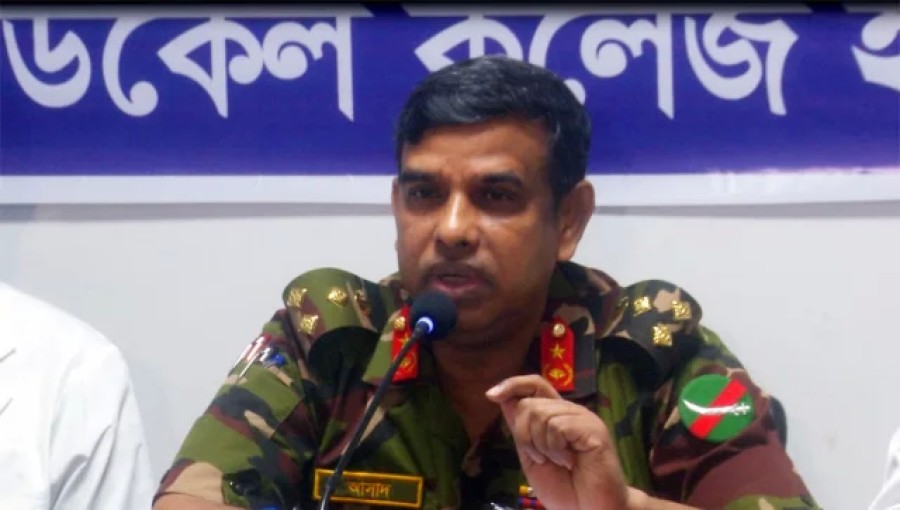
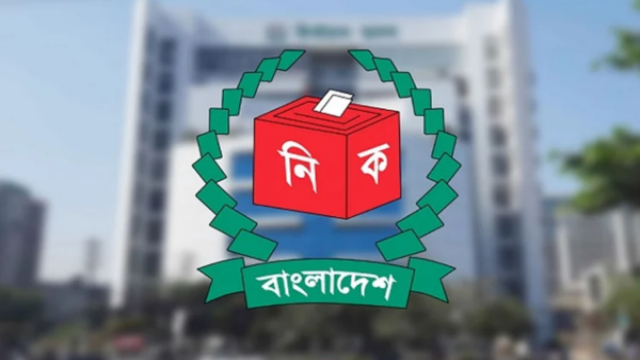
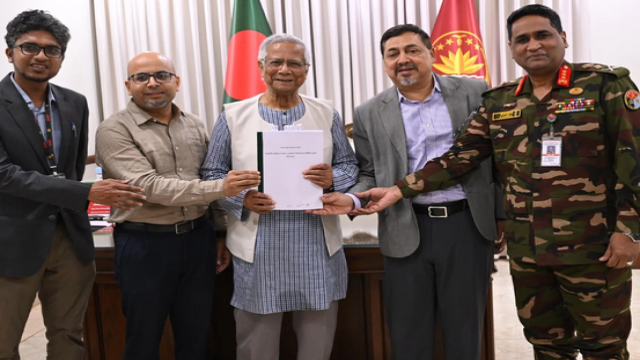
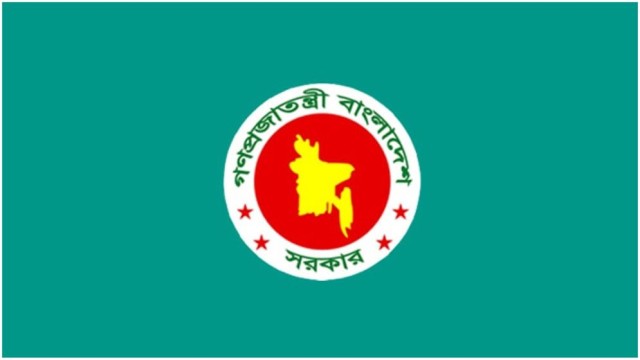
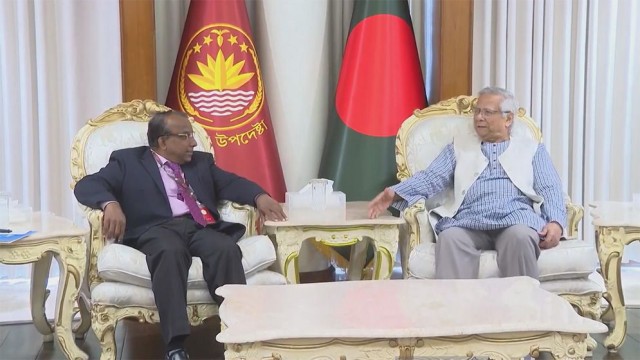
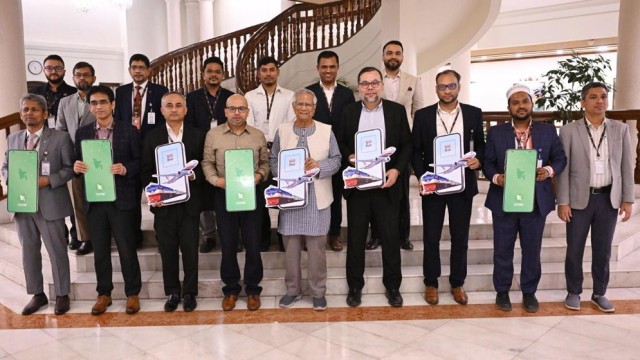
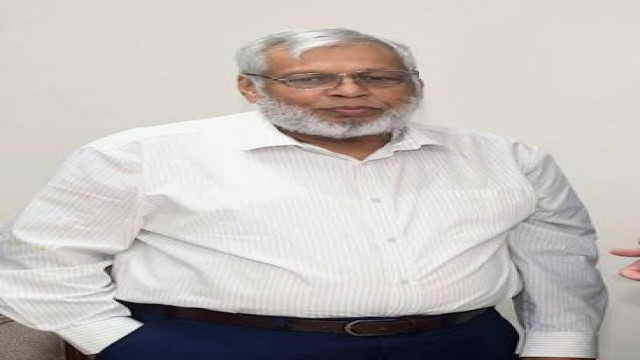
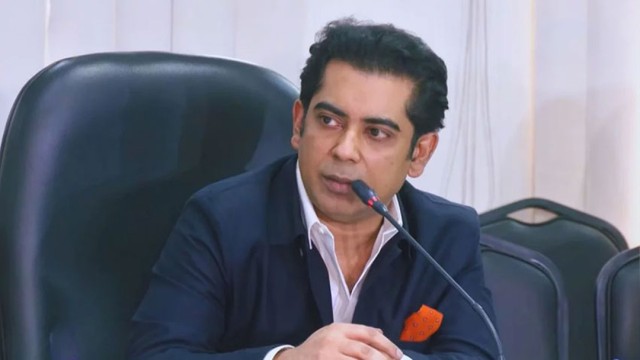
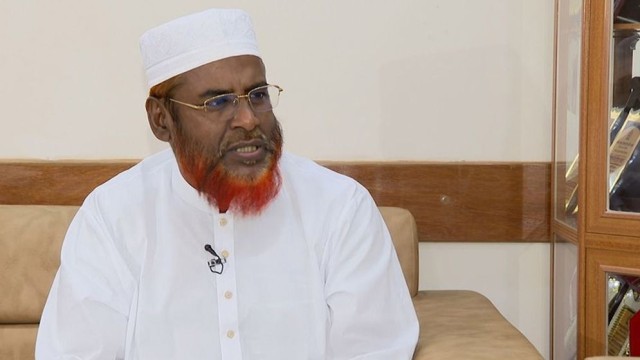
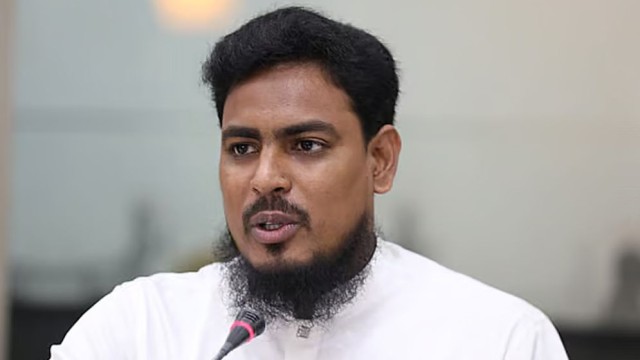
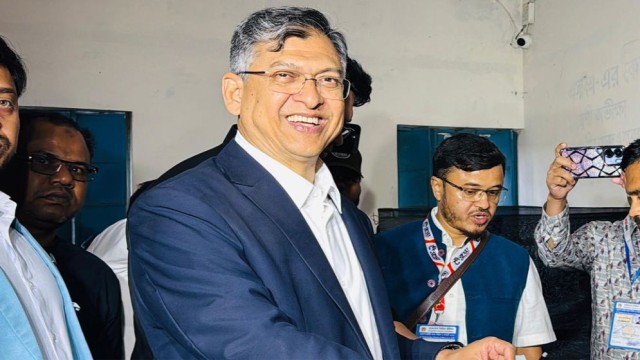
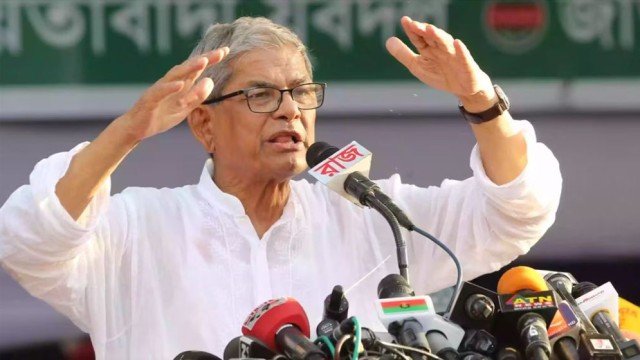

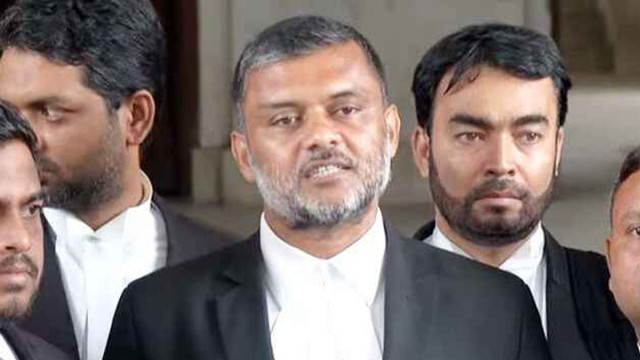

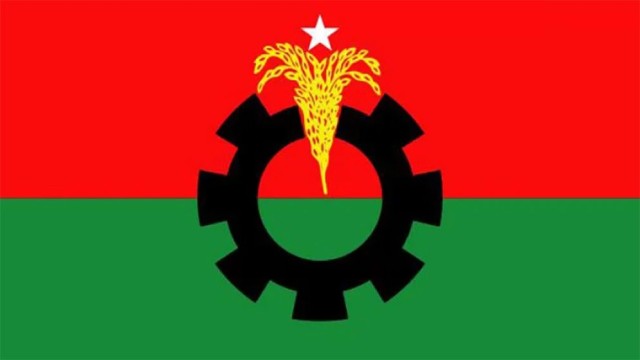











Comment: